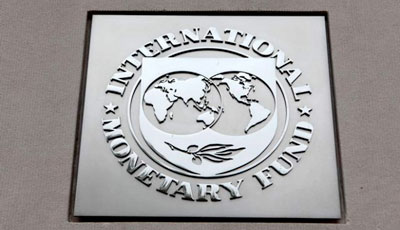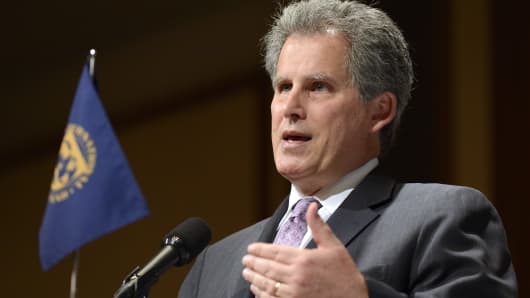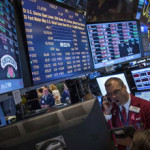IMF urges action as risks to the world economy rise

Collective action is needed to boost the global economy, with volatile financial markets and low commodity prices creating fresh concerns about its health, the first deputy managing director of the International Monetary Fund (IMF) said on Tuesday.
In a speech in Washington D.C. and subsequent interview with CNBC, David Lipton said dangers to the world economy had risen since the IMF downgraded its 2016 growth forecast to 3.4 percent in January.
“We still see growth recovery happening around the world but it is with a weak base line and I think what is most important about the present moment is that there are many risks, including some new risks, and they are rather near at hand,” the economist told CNBC’s “Squawk Alley.”
He said a combination of monetary and fiscal policy and structural reforms was needed to strengthen growth and guard against risks, ranging from unfulfilled infrastructure requirements in the U.S. to deflation in japan.

Economic dangers
Europe:
- Highly leveraged sovereign and private sector balance sheets
- Banks with elevated levels of non-performing loans
US:
- Age-related spending pressures
- Unfulfilled infrastructure needs
Japan:
- Deflation
Emerging Markets:
- Sharp declines in capital spending
- Rising private debt
Concerns about the global economy have weighed heavily on financial markets this year. Equity price indexes are down more than 6 percent so far, implying a global market capitalization loss of more than $6 trillion or 8.5 percent of world gross domestic product, according Lipton. This is roughly half the $12.3 trillion lost at the peak of the global financial crisis, he said.
Lower commodities forever?
Lipton said commodity-exporting countries should recognize that commodity prices might remain permanently at lower levels and should increase the efficiency of public spending, strengthen fiscal institutions and increase non-commodity revenues.
Light crude oil futures remain below $40 per barrel, having traded above $100 before the start of the rout in July 2014.
Lipton also advocated countries improve trade links through multilateral initiatives like the Trans-Pacific Partnership signed last month between North America and several countries in Latin America and Asia.
This deal has been criticized by U.S. Republican front-runner, Donald Trump, as overly beneficial to China — although the world’s second-largest economy is not actually participating in it.
On Tuesday, Moody’s Investors Service also warned that the protracted fall in oil prices and the slowdown in China’s economy would knock global growth. It cut its forecast for growth in the G-20 advanced economies in 2016 by 0.3 percentage points to 1.8 percent.
Source: CNBC





























